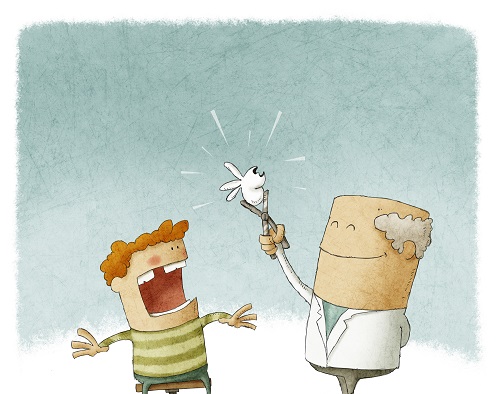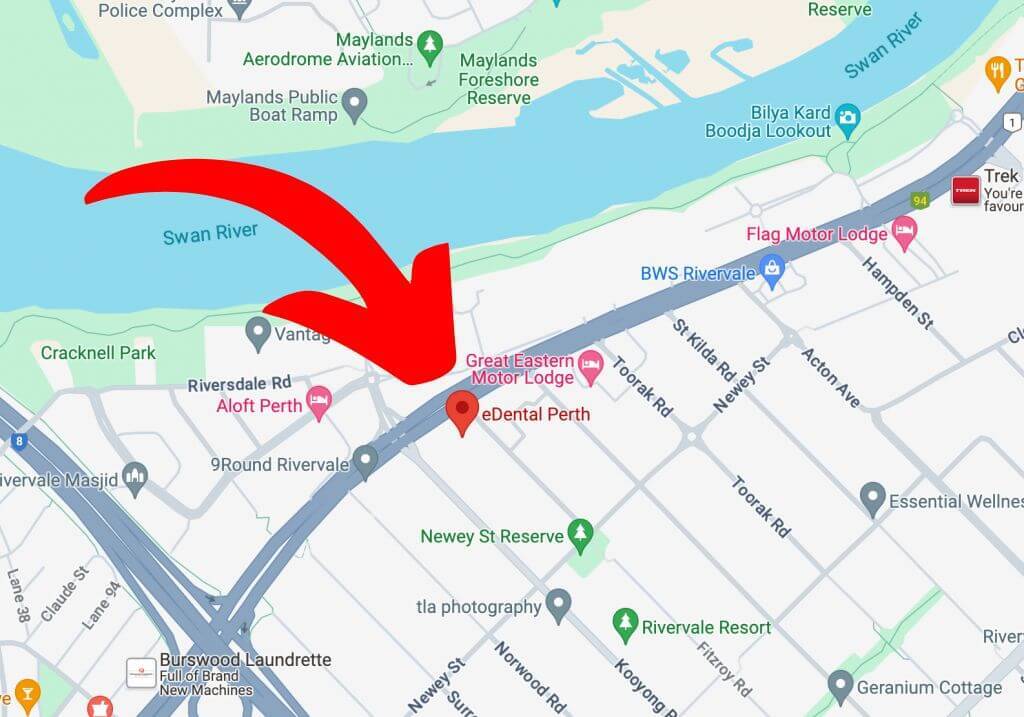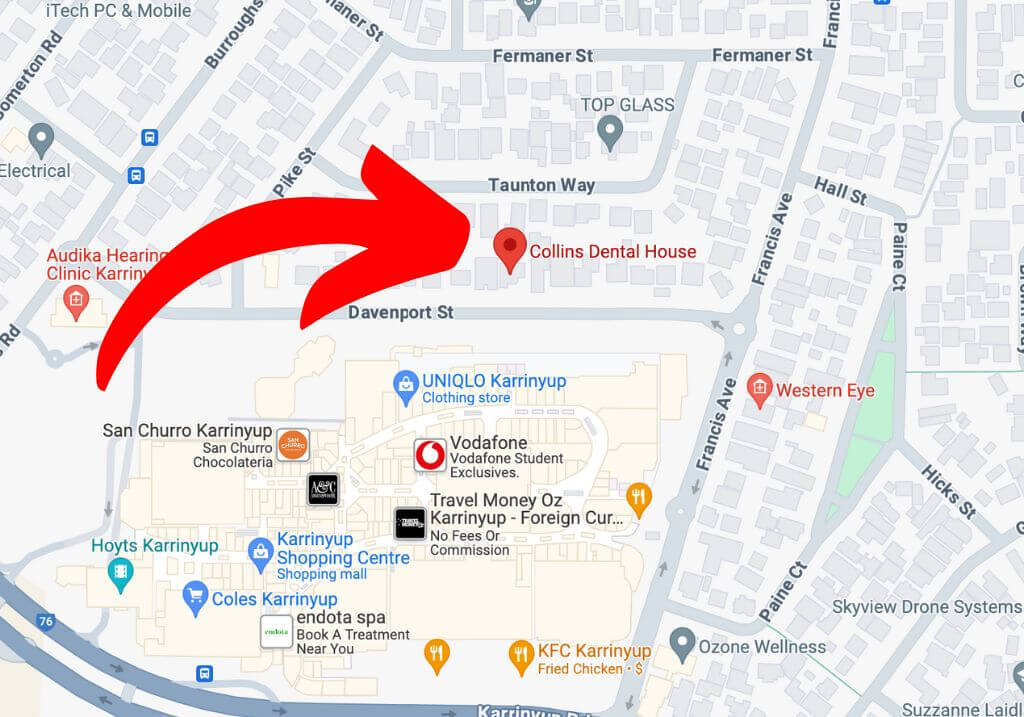During our years of providing emergency dentist services, we know that nobody likes to talk about tooth extraction until they have no other choice. We have provided a lot of wisdom tooth extraction services in Perth. Consequently, we thought it might be helpful to provide a handy guide telling you when tooth extraction is appropriate, what to expect and how to prepare for the extraction.

Severe Damage or Trauma to a Tooth
Often, a wisdom tooth will become so decayed, cracked or broken that it is structurally impossible to repair. In addition, a severe infection or gum disease can render a tooth unrepairable. Usually, this happens when bad gum health causes the tooth to loosen to a point where the tooth will eventually fall out anyway.
Nonfunctioning or Malpositioned Teeth
If a tooth is in a position where it has no other tooth to bite against, is harming other teeth or is out of place in an unsightly or unhealthy manner, it can damage your state of oral health.
Orthodontic Treatments
Occasionally, orthodontic treatments will require that one or more teeth be pulled to create the appropriate space for the improvement and correction of tooth alignment.
Extra Teeth
Extra or supernumerary teeth can be unhealthy because they can block other teeth from erupting. This can have a permanent negative effect on one’s oral health.
Radiation Therapy
If someone requires radiation therapy around the head or neck, teeth that are in the field of radiation may have to be extracted due to the danger of complications from the radiation treatment. Infections are a common side effect of radiation treatments.
Chemotherapy
Because chemotherapy wreaks havoc on the immune system, it can often cause infections. If these infections are in the teeth and gums, the teeth often need to be extracted.
Organ Transplant
Anti-rejection drugs suppress the immune system, creating a situation similar to chemotherapy. Infections often develop in the teeth and gums, necessitating tooth extraction.
By far, the most common teeth to be extracted are wisdom teeth. Many dentists are proponents of having them extracted as soon as they grow in. This keeps them from causing structural problems when the full set of adult teeth have grown in.
Wisdom teeth bring with them a host of problems. They can cause an impacted tooth with no room for growth. They can cause infections, gum disease and decay in adjacent teeth. They can also interfere with your bite.
Occasionally, teeth that have not yet developed need to be extracted to allow for orthodontic treatment.
Types of Tooth Extractions
Simple Extractions
Simple tooth extractions are usually performed on teeth that can be easily seen in the mouth. They are easy to extract in a relatively painless procedure and can usually be done by your dentist under local anaesthesia.
Surgical Extractions
Surgical extractions are more complicated and usually performed by a surgeon. They usually involved teeth that are difficult to see in the mouth because they are broken or not fully erupted. They are mostly below the gum line and require surgical procedures such as folding the gum or removing the bone.
Getting Ready for Wisdom Tooth Extraction
Before extracting your tooth, the dentist will examine your teeth, take x-rays and review your dental history. If you are young, old or have a compromised immune system, the dentist may prescribe antibiotics before extracting the tooth. It is essential that you let your dentist know what medications, herbs and vitamins you are currently taking to ensure that there are no complications or negative interactions.
You can opt to be sedated during tooth extraction. This can be done with nitrous oxide, but many patients opt for either an oral or intravenous sedative. Nitrous oxide wears off in time to drive yourself home, but you may need a ride after oral or intravenous sedation.
Call eDental Today to book an appointment
For more information or for an appointment, call us today: 1300 467 112 and our friendly dental reception team will handle all your requirements.










